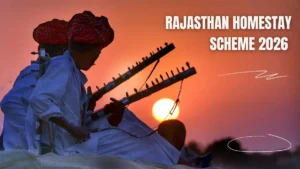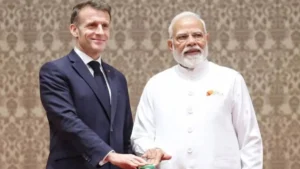India’s Supreme Court recently made a significant decision, declining an appeal to legalize same-sex marriages in the country, dealing a blow to LGBTQ rights in one of the world’s most populous nations. The ruling, announced on Tuesday, followed arguments presented in April and May and involved a panel of five justices, with three of them concluding that the matter should be addressed by the parliament rather than the judiciary.
A Parliamentary Perspective
In a noteworthy move, Chief Justice Dhananjaya Yeshwant Chandrachud emphasized that issues like same-sex marriage should be within the domain of the parliament, highlighting the court’s commitment to steering clear of policy matters. Chandrachud acknowledged the importance of providing legal protections to same-sex unions, stating that denying them benefits and services granted to heterosexual couples infringes on their fundamental rights. He argued that the right to choose a life partner is a core element of one’s right to life and liberty under Article 21 of India’s constitution.
Acknowledging Fundamental Rights
Chandrachud’s emphasis on the importance of recognizing same-sex unions as fundamental to an individual’s pursuit of happiness and life choices is a significant step toward acknowledging LGBTQ rights as a part of India’s democratic values. The recognition of LGBTQ relationships as legitimate and deserving of legal protection is a fundamental aspect of ensuring equality for all.
Protection Against Discrimination
In addition to recognizing the importance of legal protections, Chandrachud also called for measures to prevent discrimination against LGBTQ individuals. This includes the establishment of hotlines and safe houses for vulnerable members of the LGBTQ community. Furthermore, he advocated for ending medical procedures aimed at changing gender identity or sexual orientation, underscoring the importance of respecting the right to self-determination.
The Aftermath and LGBTQ Community’s Response
Tuesday’s ruling marks a significant moment in the ongoing struggle for LGBTQ rights in India. The LGBTQ community, along with activists like Nitin Jain, expressed their disappointment with the judgment. Jain highlighted the demand for the recognition of same-sex marriages and noted that the court’s decision has effectively maintained the status quo. This decision is perceived by many as an abdication of the court’s responsibility to uphold the principles of justice and equality.
Challenges Faced by the LGBTQ Community
The ruling is a reminder that despite the decriminalization of homosexuality in India since 2018, LGBTQ individuals still face discrimination in various aspects of their lives. Traditional values continue to exert influence in the country’s political landscape, making it challenging for LGBTQ rights to gain full acceptance and protection. With a right-wing government in place and openly expressed opposition to LGBTQ rights from some political figures, the road ahead remains uncertain for India’s LGBTQ community.




 Which Country is the Largest Producer of...
Which Country is the Largest Producer of...
 What Is Rajasthan’s Homestay Scheme 2026...
What Is Rajasthan’s Homestay Scheme 2026...
 India Drops Most Favoured Nation Status ...
India Drops Most Favoured Nation Status ...








